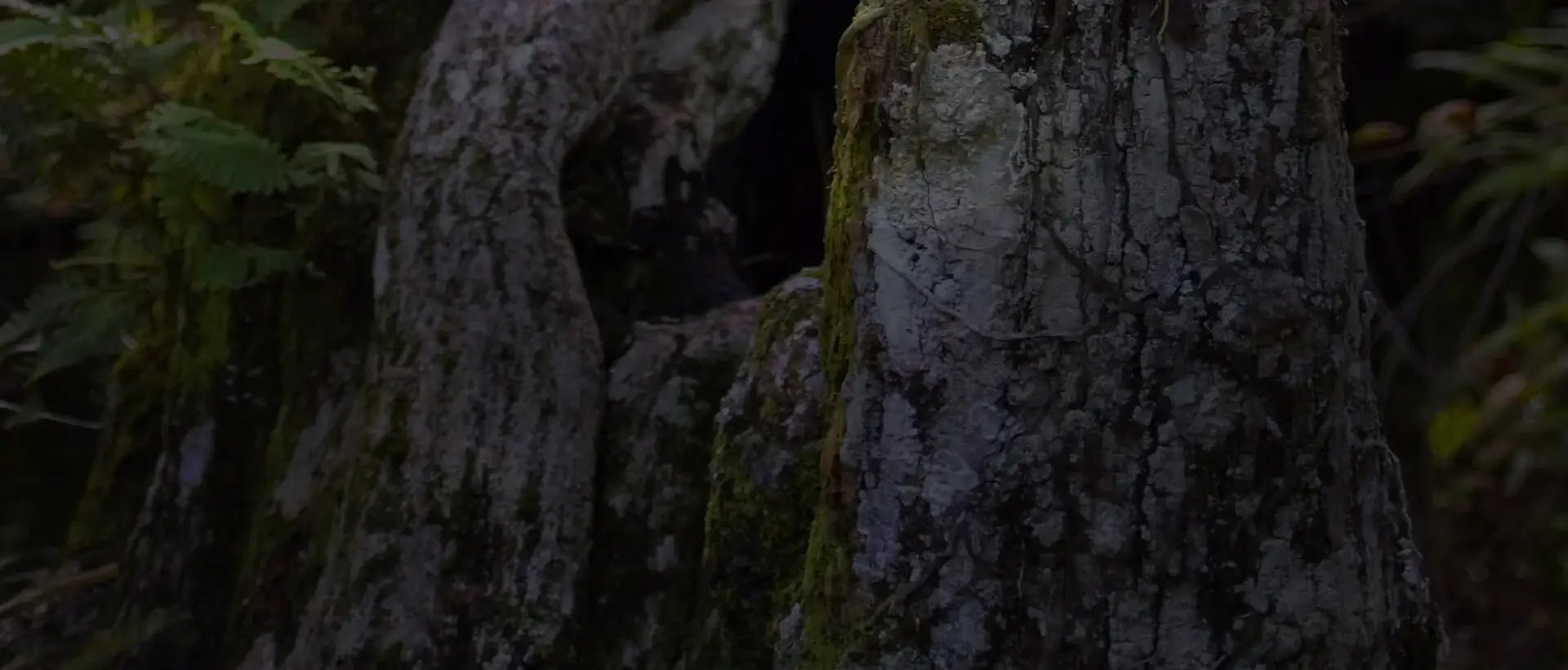Overview
Epiphytes +/- pseudobulbs, the imbricate, distichous leaves and foliaceous bracts forming fan-shaped growths. Leaves usually solitary, indistinguishable from foliaceous bracts. Inflorescences scapose, densely few-flowered racemes. Flowers tubular, inconspicuous. Sepals and petals free or with the sepals slightly fused at the base. Lip three-lobed (sometimes obscurely so), broadest at the base. Column very short, stout, without a foot or mentum; pollinia eight, in two clusters of four each joined to a common caudicle.









